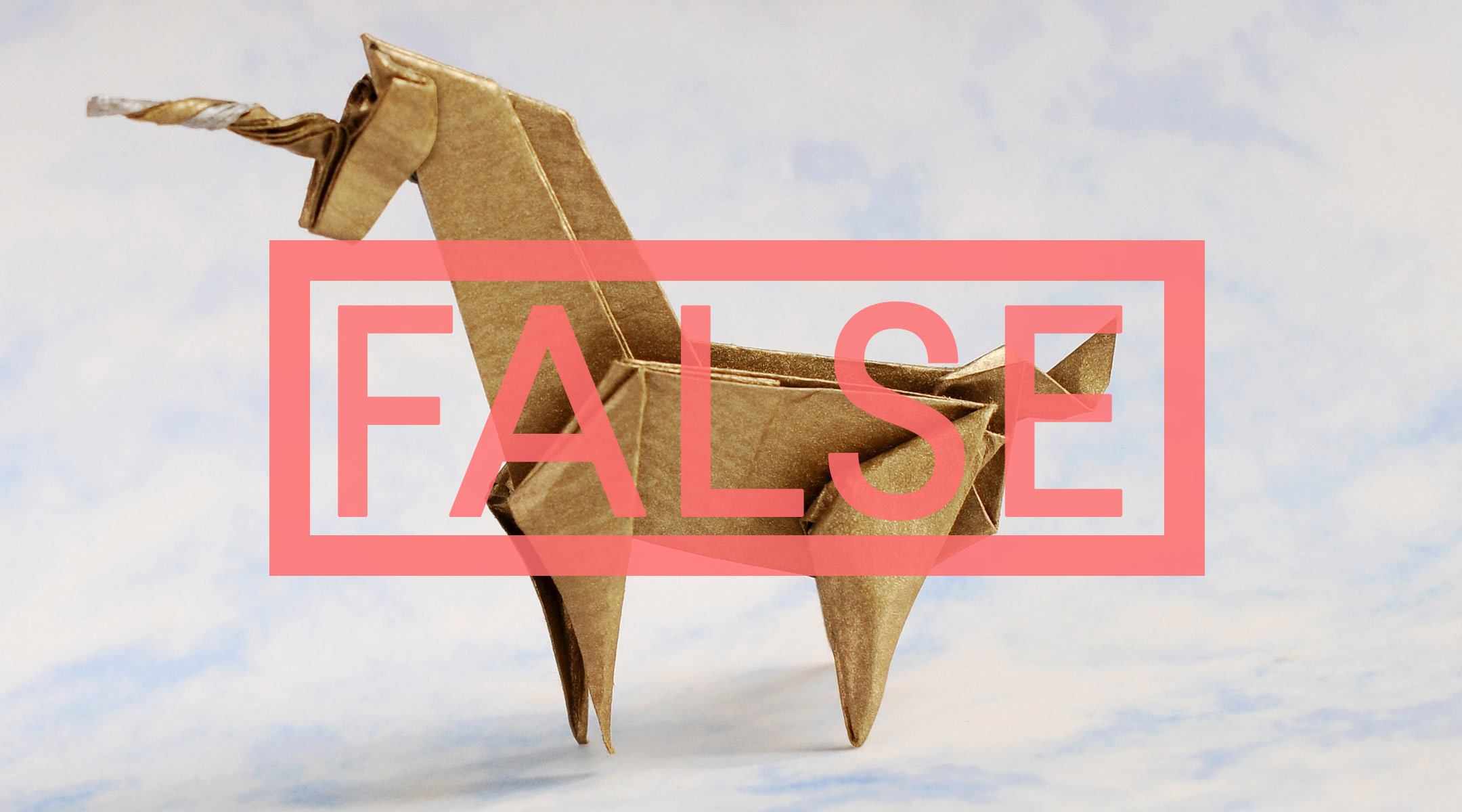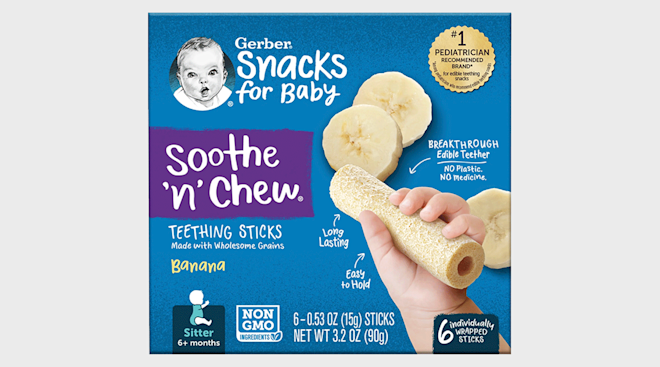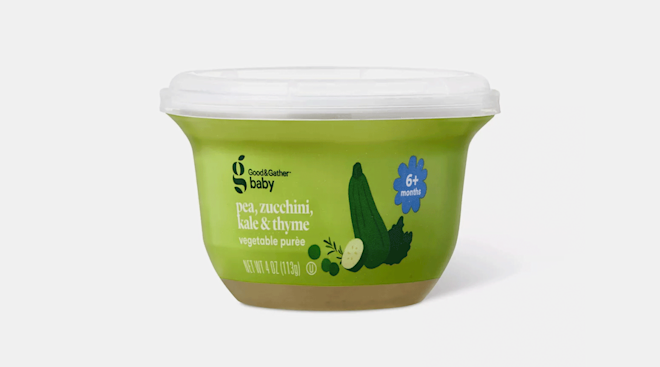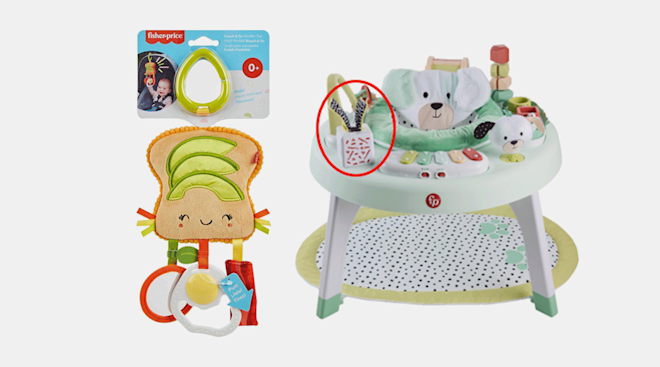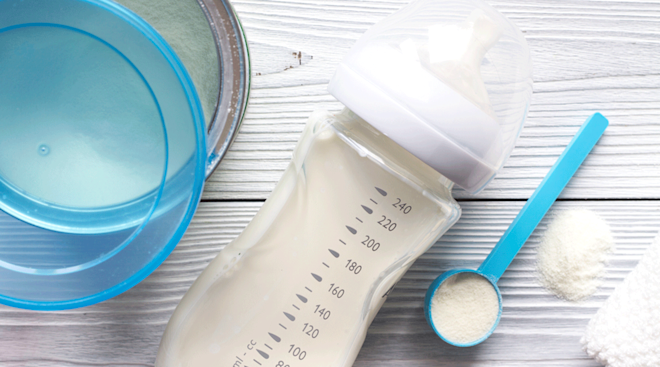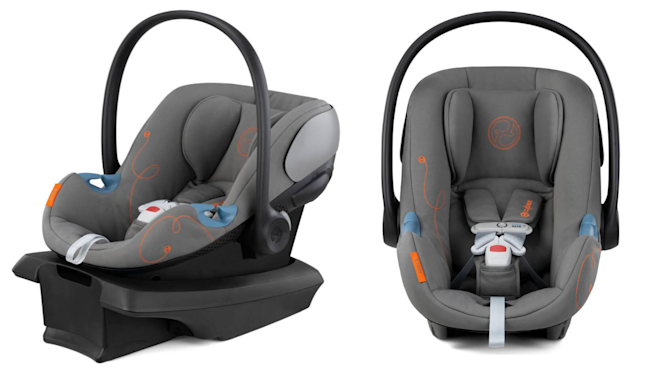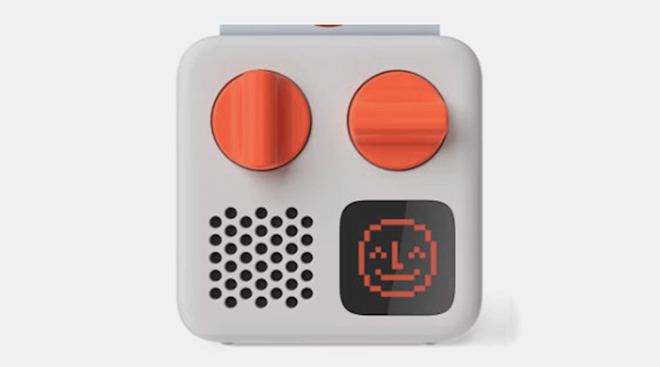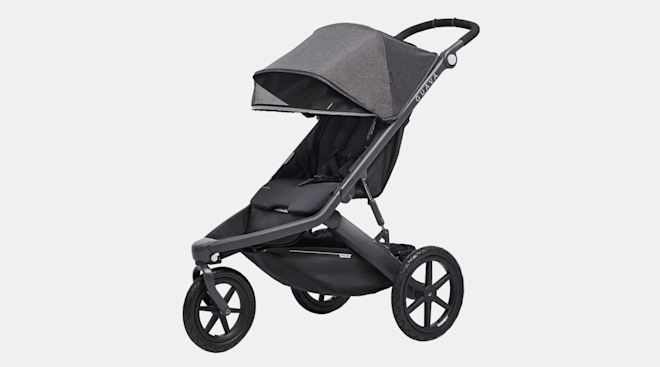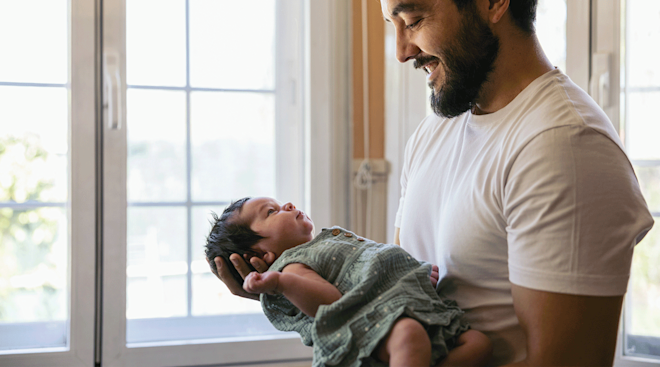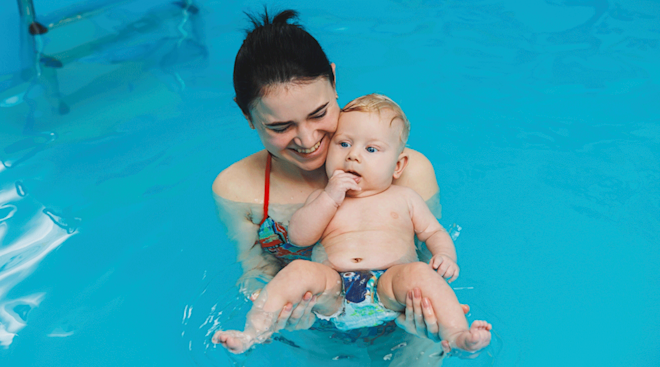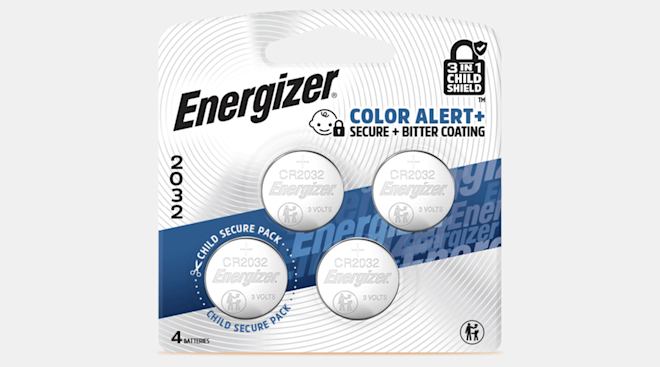When you become a parent, you take on a whole new level of anxiety. From the safest baby gear to the healthiest food on the market, you’ll spend your days Googling non-stop, on a mission to find the best products for your little one. But take everything you read with a grain of salt, and always remember to do your research.
Bonnie Patten, executive director of Truth in Advertising (TINA), a nonprofit organization dedicated to empowering consumers to protect themselves against false advertising and deceptive marketing, warns parents against being fooled by empty promises in ads.
“Many parents gravitate to products marketed as healthy, natural, organic and green, but unfortunately, there are times when these products simply don’t live up to the marketing hype,” says Patten.
Just last year, the household baby brand Nestlé Baby was under fire due to exaggerated health claims and ingredient inconsistencies. And back in 2014, Gerber was sued for false advertising claims. That said, it can be tricky picking out products and brands for your children.
“It’s important for parents to do their due diligence, which means not only looking at the front of packaging labels, but also reviewing the back where important information about the ingredients or contents of the product may be disclosed,” Patten suggests. “Online research can also provide parents with information about products or services they’re considering purchasing—from reviewing information on a company’s website to reading reviews by other parents.”
To put it simply, if a product claims to be the best thing for baby in the world, it’s important to find some scientific evidence that proves such a big promise.
“The marketing of health claims is a common place where advertising claims fall short. Unless a company has competent and reliable scientific evidence to support the advertised health claims, such marketing should be viewed with suspicion,” Patten advises.
So what are some common ads to be weary of?
“Claims that products can help babies sleep better, formulas marketed as comparable to breast milk or hammocks which boast the ability to reduce the risk of SIDS are all examples of health claims that have been challenged for lack of sound evidence"
Please note: The Bump and the materials and information it contains are not intended to, and do not constitute, medical or other health advice or diagnosis and should not be used as such. You should always consult with a qualified physician or health professional about your specific circumstances.
Navigate forward to interact with the calendar and select a date. Press the question mark key to get the keyboard shortcuts for changing dates.
































